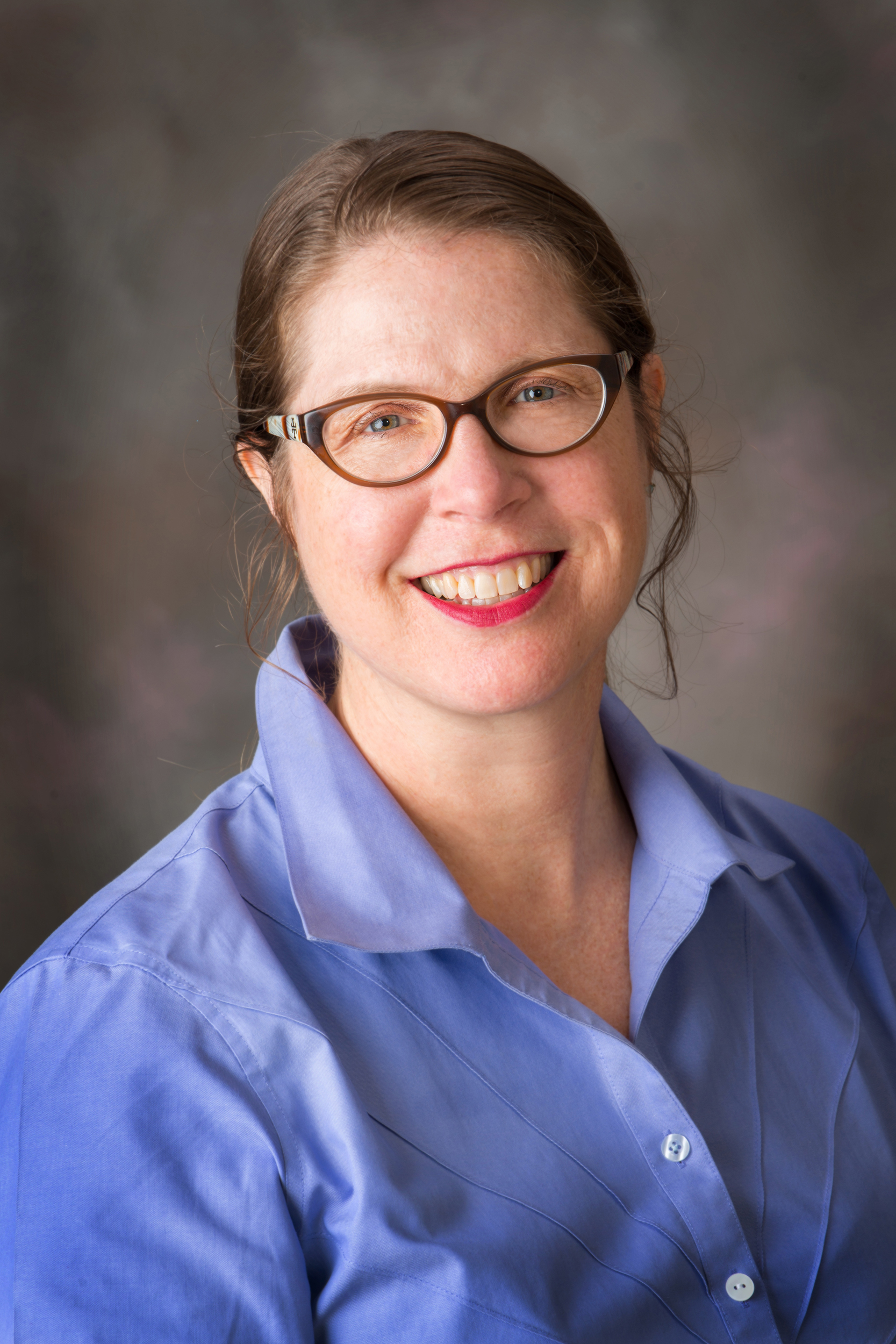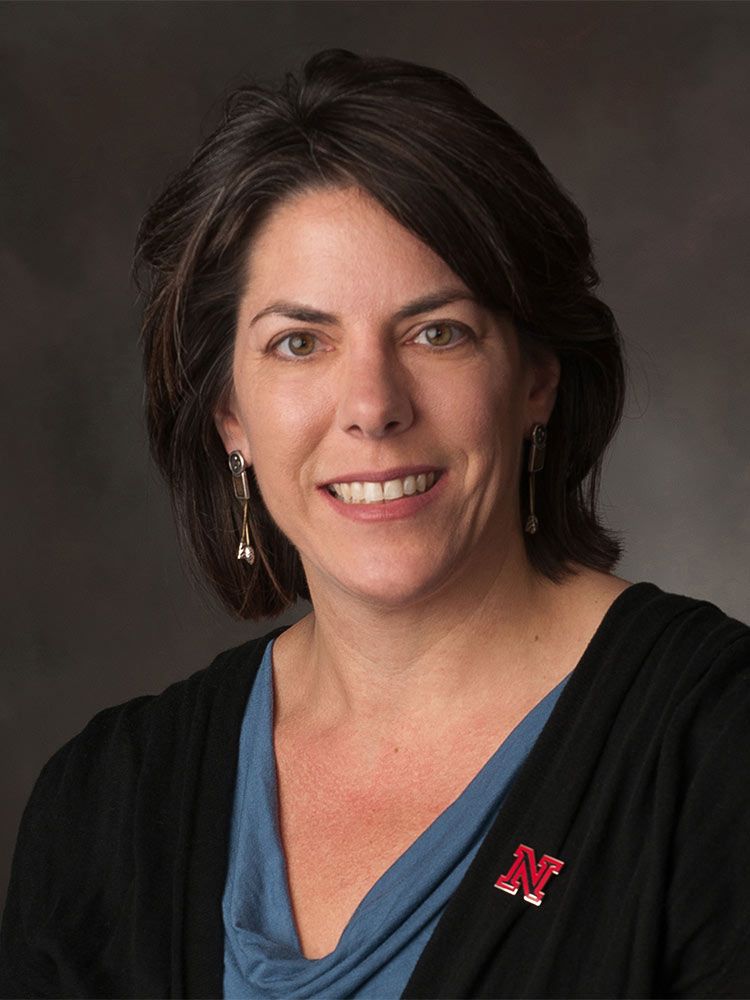
Two University of Nebraska–Lincoln faculty members have been named fellows of the American Association for the Advancement of Science, the world’s largest multidisciplinary scientific society. Fellows are selected by their peers for scientifically or socially distinguished achievements that advance science or its application.
Nebraska’s new AAAS fellows are:
Julia McQuillan, Willa Cather Professor of sociology, for distinguished contributions to the study of social inequality, particularly the areas of infertility, public understanding of science, removing inequalities in STEM fields, and communicating science to a wide-ranging public.
Judy Walker, Aaron Douglas Professor of mathematics, for distinguished contributions to algebraic coding theory, and substantial and lasting achievements in advancing educational and career opportunities for women in mathematics.
McQuillan and Walker are among 564 members who were elected fellows this year. The cohort will be featured in the January edition of the journal Science. Later this year, when it is feasible from a public health standpoint, fellows will be honored at an in-person gathering. AAAS has been electing fellows since 1874.
More on Nebraska’s new AAAS fellows:
Julia McQuillan
Sociologist Julia McQuillan is an internationally recognized researcher focused on psychosocial dimensions of infertility and fertility, barriers to equity in STEM fields and ways to increase public understanding of science.
Through numerous collaborations, her work has generated more than 80 peer-reviewed articles, seven book chapters and more than $9.2 million in external funding, including support from the National Science Foundation and the National Institutes of Health.
McQuillan, Willa Cather Professor of sociology, has made major efforts to make STEM fields more inclusive. She played an important role in the NSF-funded ADVANCE-Nebraska project, which used social science theories and methods to identify promising institutional changes and evaluate ongoing interventions.
As sociology department chair from 2012 to 2020, McQuillan increased transparency and formal support for faculty by implementing tenure rubrics and assigning mentors, which de-emphasized the need to have the “right” social network connections.
As a mentor, McQuillan helps others navigate higher education by providing direct support and institutionalizing helpful practices. She helped establish the Undergraduate Sociology Teaching and Research Students program, elevated mentoring roles to a formal department service and served on numerous graduate student committees.
Cumulatively, her efforts led to a 2018 Feminist Lecturer Award from the Sociologists for Women in Society and the publication of the lecture in the association journal. To synthesize the knowledge gained from more than 20 years of study, McQuillan proposed and published a co-edited special issue of Gender & Society, “Gender Transformations of Higher Education Institutions,” which featured her paper as the lead article.
McQuillan was part of a multidisciplinary team that earned nearly $3 million from NIH to create a two-wave dataset on infertility experiences. This research expanded understanding of infertility as not just a medical problem, but one with deep social, emotional and behavioral dimensions. The team tested numerous assumptions about living with infertility, including factors associated with identifying a problem, consequences for mental health, the importance of motherhood in women’s lives and racial disparities in seeking medical help.
McQuillan is also part of a Husker collaboration using learning research to study the social psychological dimensions of youth interest and persistence in science fields. The researchers evaluated differentiated implicit discovery orientation and explicit science identity to find potential avenues to attract youth from social groups historically excluded from science. Their findings support the value of communication through visual stories with diverse characters and the importance of creative, informal science engagement with middle school-aged youth who are still developing identities.
McQuillan said she hopes her selection as an AAAS fellow highlights the vital nature of interdisciplinary teamwork, which is a hallmark of each of her accomplishments.
“Being part of teams helped produce work that would not have been possible if I worked alone,” she said. “I love being part of a university that values and supports collaboration, particularly including social scientists with other STEM fields.”
Judy Walker
Judy Walker is a leading researcher in algebraic coding theory, with a focus on codes on graphs, algebraic geometry codes, codes over rings and neural codes.
Walker, Aaron Douglas Professor of mathematics and associate vice chancellor for faculty and academic affairs, has authored or edited nearly 40 publications in these areas. This includes the short book “Codes and Curves,” which is considered a go-to resource for mathematicians interested in learning about algebraic geometry codes. More recently, she co-edited a volume titled “Algebraic Geometry for Coding Theory and Cryptography,” which grew out of a workshop she co-organized at the Institute for Pure and Applied Mathematics.
Walker, who chaired the mathematics department from 2012 to 2016, has delivered about 100 invited lectures, including international talks on several continents.
Her research and outreach efforts have secured about $8.5 million in external funding, including support from the National Science Foundation, the U.S. Department of Education and the National Security Agency. One notable NSF award, totaling nearly $5 million, supported the Nebraska Mentoring through Critical Transition Points program, which provided mentorship for mathematicians as they transitioned from the undergraduate to the graduate level, and the advanced graduate level to academia. Walker was principal investigator for the project’s first five years.
Walker’s work has led to numerous accolades during her career. In 2006, she received the Haimo Award from the Mathematical Association of America, which recognizes university teachers who are extraordinarily successful and influential beyond their home institution. From 2009 to 2011, she was an MAA George Pólya Lecturer, a role enabling her to speak to various sections of the MAA. In 2021, she received the Outstanding Alumni Achievement Award from the University of Illinois at Urbana-Champaign’s Department of Mathematics.
She is also currently a member of the board of trustees of the American Mathematical Society, and has served on numerous committees, boards and councils throughout her career.
Walker has been at the forefront of efforts to help women advance in the mathematical sciences. In 1999, she co-launched the Nebraska Conference for Undergraduate Women in Mathematics, an ongoing program aimed at encouraging college women to pursue graduate study and mathematical careers. She also co-developed the All Girls/All Math Summer Camp, today known as AGAM: Nebraska Cryptography Camp, in which nearly 800 high school students have participated since 1997.
Between 2016 and 2019, Walker led a National Science Foundation-funded project whose goal was to increase the number of women in mathematics, particularly at the doctoral level.
Walker, already a fellow of the Association for Women in Mathematics and the American Mathematical Society, said she is excited to join another prestigious group.
“It’s an honor to be among the accomplished people on this campus and nationally who are already AAAS fellows.”









